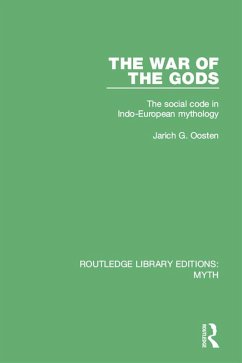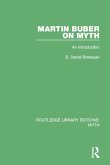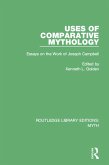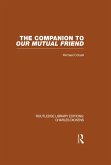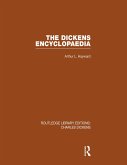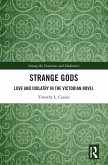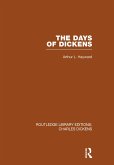Dr Oosten describes how the ancient mythological cycles were broken down and transformed into heroic sagas and epics, and shows how many traditionally related themes - the severed head, the magic cauldron - were preserved. Gradually the political problems of kingship came to overshadow the social problems of kinship, as in the development of the myths of King Arthur. Dr Oosten argues that the social code remains basically the same, and his analysis of this code gives a fascinating perspective on the development of Indo-European mythology from the oldest written sources to the comparatively recent faitytales.
Dieser Download kann aus rechtlichen Gründen nur mit Rechnungsadresse in A, B, BG, CY, CZ, D, DK, EW, E, FIN, F, GR, HR, H, IRL, I, LT, L, LR, M, NL, PL, P, R, S, SLO, SK ausgeliefert werden.

